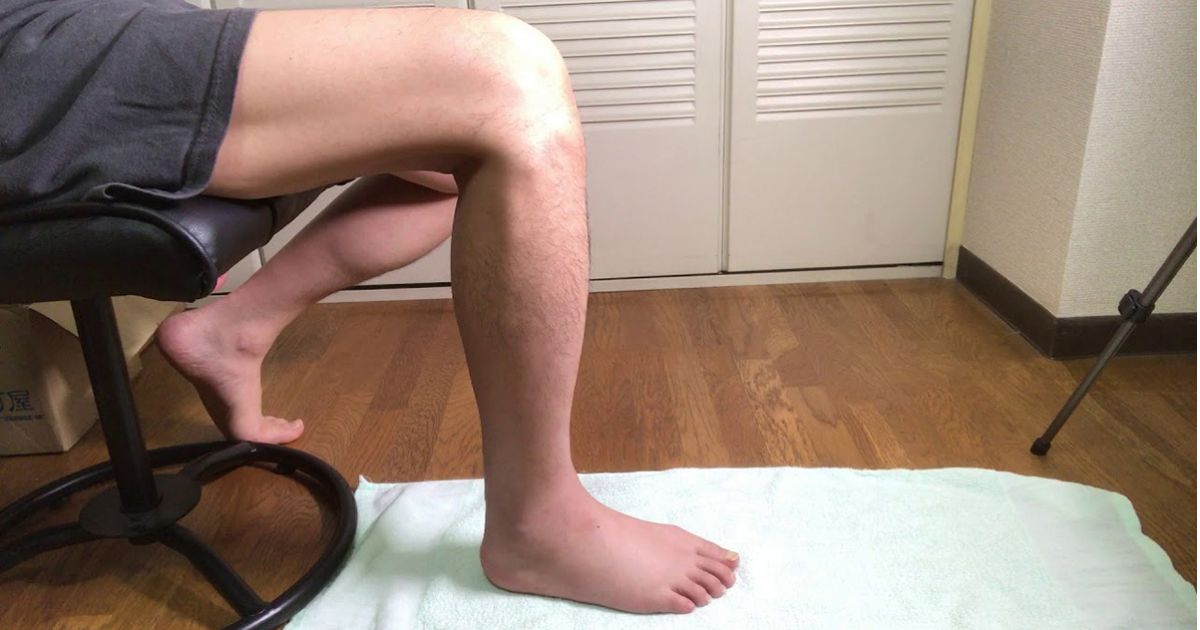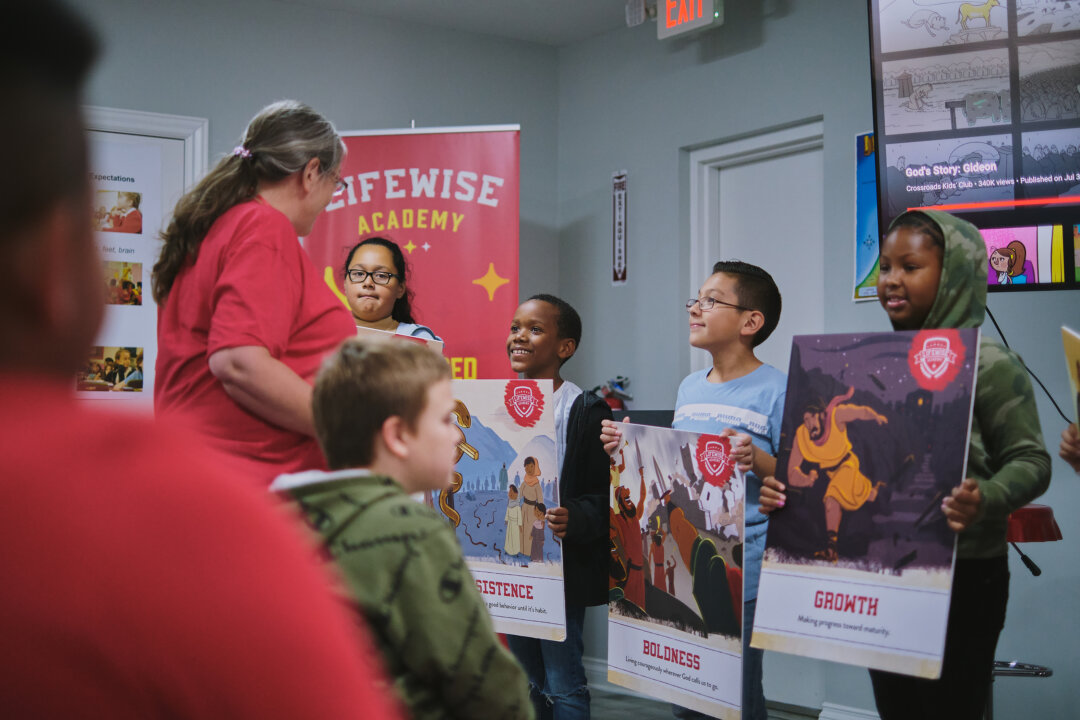URGENT UPDATE: A groundbreaking study from the University of Utah reveals that the struggle to rise from a chair is not simply a matter of aging, but rather a complex interplay of factors affecting 60% of older adults today. This critical research, released on October 25, 2023, highlights the importance of maintaining physical activity and muscle strength as we age.
The study’s findings come at a crucial time, as increasing numbers of seniors face mobility challenges. Researchers discovered that a significant decline in muscle strength and balance, rather than just age, plays a pivotal role in this common issue. This insight is vital for healthcare providers and families seeking to enhance the quality of life for elderly individuals.
According to Dr. Hannah Lee, a lead researcher on the project, “Our findings suggest that targeted exercise programs can counteract these declines, making it easier for seniors to perform everyday tasks.” The study emphasizes that simple, regular physical activities can dramatically improve mobility and independence among older adults.
The implications of this research are profound. With the global population of seniors expected to double by 2050, understanding the underlying causes of mobility issues is more important than ever. Communities and health systems are urged to implement effective exercise programs that cater specifically to the needs of older adults.
Next steps include widespread dissemination of the study’s findings to healthcare professionals and policymakers. The research team is also advocating for community-based initiatives that encourage physical activity among seniors, aiming to reduce the risks associated with mobility decline.
For families and caregivers, this study serves as a wake-up call. It is essential to promote an active lifestyle for elderly loved ones, as it can significantly enhance their daily lives. The message is clear: staying active is key to maintaining independence and quality of life in our later years.
Stay tuned for more updates as this important conversation unfolds and communities explore innovative ways to support our aging population.







